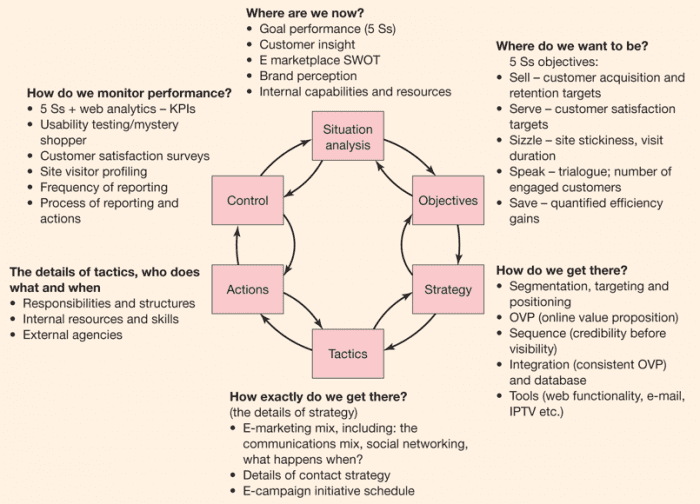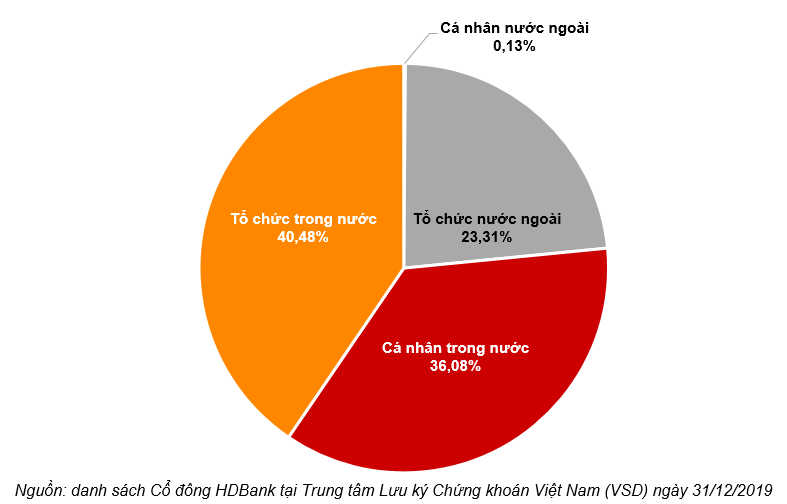Muốn học thêm?
Nâng cao vốn từ vựng của bạn với English Vocabulary in Use từ Cambridge.
Bạn đang xem: Insurance là gì
Học các từ bạn cần giao tiếp một cách tự tin.
the agreement in which you pay a company money and the company pays the cost if you have an accident, injury, or loss:
an agreement in which you pay a company money, either in one payment or in regular payments, and they pay your costs, for example, if you lose or damage something, or have an accident, injury, etc.:
arrange/obtain/take out insurance You must make sure you take out insurance on the contents of your house.
Xem thêm: Frappuccino Là Gì – Cách Làm Frappuccino Đơn Giản Tại Nhà
be covered by (the) insurance Unfortunately, stolen personal belongings are not covered by the insurance.
insurance pays for sth/covers sb/sth This insurance covers the cost of their mortgage but they are considering more life cover.
Xem thêm: Nhà Hàng Là Gì – Phân Loại Nhà Hàng Bạn Cần Biết
Insurances were given a new lease of life as the market”s strength helped to allay solvency margin fears.
On the one hand, payout per dollar of premium might be reduced if insurance companies believe that wealthier retirees will live longer.
The history of the relationship between insurance and civil society, as usually told, is an anticlimactic narrative.
Các quan điểm của các ví dụ không thể hiện quan điểm của các biên tập viên Cambridge Dictionary hoặc của Cambridge University Press hay của các nhà cấp phép.
But there is always the pain and the loss that the calculating tables of insurance companies are not able to express, calculate, or compensate for.
A portfolio effect tends to increase the forest cover, while an insurance effect tends to reduce it.
Thus, informed speculation concerning the outcome of the equal antecedent-risk insurance mechanism would serve as the guideline for evaluating the justice of communal medical provision.
Unlike most social programs, government health insurance involves the purchase of services from a clearly defined and often extremely powerful profession.
Unlike old age or unemployment insurance, workers” compensation provided not just income support but also medical benefits.
Insurance for non-occupational disabilities, by contrast, had no established network of interests; such insurance was virtually non-existent in the private sector.
In the first subsection, we discuss the historical context for adoption of workers” compensation insurance in the early twentieth century.
The 70-year old pensioner has to accept substantial probabilities of capital exhaustion within his lifetime relying on an insurance equivalent fund solution.
Moreover, and more damagingly, he has established no grounds for preferring the hypothetical insurance scheme to the talent auction.
The private sector scheme is managed by private pension institutions : insurance companies, corporate pension funds, industry-wide pension funds, and other statutory pension providers.




Chuyên mục: Hỏi Đáp










